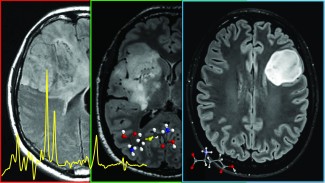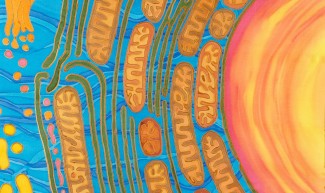From the labs to the patient’s bed and vice versa, the main objective of the teams in this field is to foster the development of translational research for neurological and psychiatric diseases.
Their scientific approach is to understand the physiology and pathophysiology of the brain using human disease as a model. The goal is to provide innovative tools for clinical evaluation of symptoms, diagnosis, identification of progression biomarkers, and design of new therapies. This research requires the establishment of phenotypically and biologically well characterized patient cohorts using molecular biomarkers, brain imaging or electrophysiological criteria. These approaches allow the study of molecular and cellular pathological mechanisms and promote targeted and personalized medicine.







